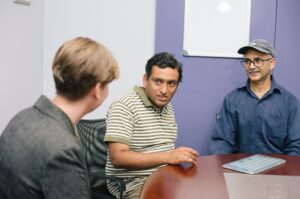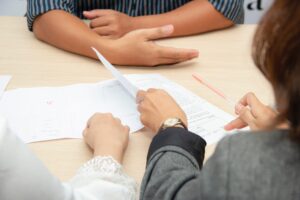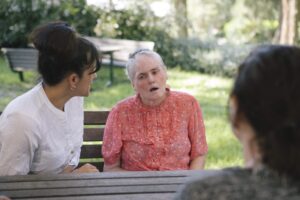Disability Royal Commission Advocacy
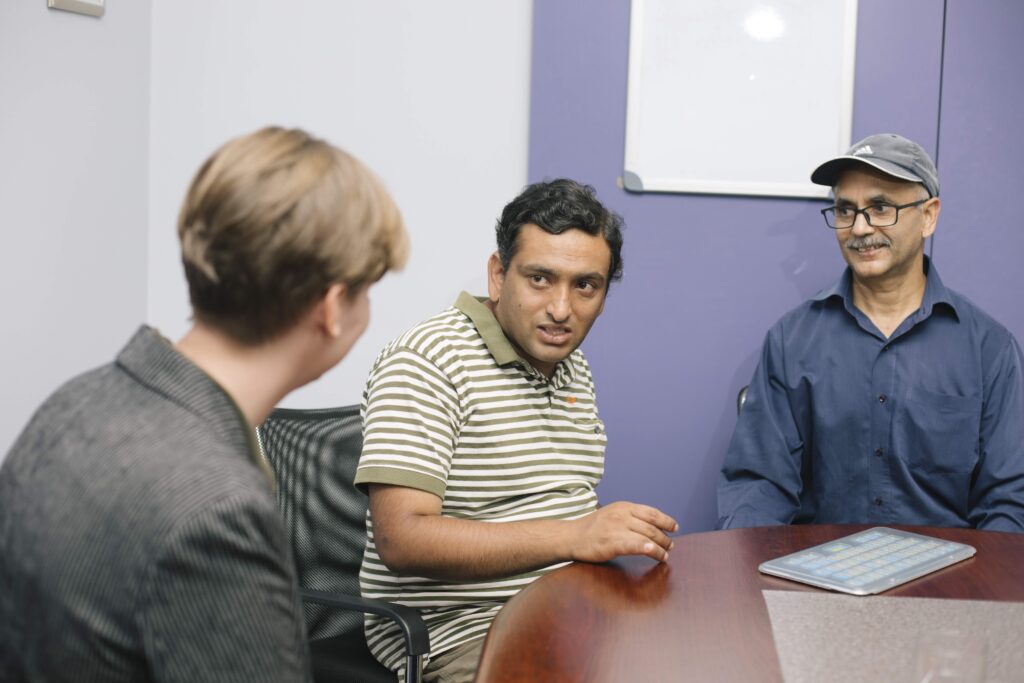
What is the Disability Royal Commission (DRC)?
There is a Royal Commission for people with disability called the Royal Commission into Violence, Abuse, Neglect and Exploitation of People with Disability or the Disability Royal Commission for short. The Disability Royal Commission (DRC) started because some people with disability said bad things had been done to them.
The DRC is looking into how to:
• protect people with disability from violence, abuse, neglect and exploitation
• be better at reporting, investigating and responding when people with disability experience violence, abuse, neglect and exploitation
• work towards a more inclusive society that supports people with disability to be independent and live free from violence, abuse, neglect and exploitation.
Violence is when someone is hurting you physically.
Abuse is if someone is treating you badly.
Neglect is when someone does not help you in the way they should.
Exploitation is when someone takes advantage of you.
Many people with disability, their families and supporters have chosen to share information with the Commissioners. So that they can complete their report to the government by October 2023, the Disability Royal Commission stopped accepting new submissions on 31 December 2022.
Frequently Asked Questions
A Royal Commission looks into problems that are important to the community. A Royal Commission begins with the Government appointing Commissioners to look at a specific problem. The Commissioners then ask people to tell them about the problem and how it could be fixed.
Anyone who has experienced the problem or who has ideas about how to make things better can make a submission to a Royal Commission.
The Commissioners can also ask people to give them information. Sometimes they ask for information from people or organisations who know a lot about a particular topic or experience. Other times they ask people or organisations to explain why they did things the way they did.
Once the Commissioners have reviewed all of the information and stories they have received, they have to provide the Government with a report. In the report, the Commissioners explain what they learnt and make recommendations about what should be done.
The Disability Royal Commission stopped accepting new submissions on 31 December 2022.
The Disability Royal Commission has continued to hold Private hearings for people who asked to speak with a Commissioner before 30 June 2022.
The Disability Royal Commission is only one way to share your experience, or your ideas about how to make things better.
If you would like to share your experience, or help make changes for people with disability, one of our advocates can talk to you about different ways you can do this. This might include options like:
- making a submission to an independent review
- writing to your local MP or the minister responsible
- joining self advocacy groups
Support is also still available for people with disability who have experienced violence, abuse, neglect or exploitation. There is information about the different types of support below.
As part of the setting up the Disability Royal Commission, Blue Knot Foundation was funded to establish a National Counselling and Referral Service. This free, independent and confidential service is available for people with disability who have experienced violence, abuse, neglect, or exploitation. It is also available to people who have witnessed violence, abuse, neglect or exploitation of a person with disability, including family members, friends, and professionals.
Blue Knot Foundation are specialists in phone counselling and complex trauma. The person who answers the phone is a qualified counsellor. If the counsellor thinks you might benefit from ongoing counselling or other types of support, they can assist you with referrals.
You can contact the National Counselling and Referral Service by phone 1800 421 468 , email or webchat. Counsellors are available weekdays from 9am to 6pm and on weekends and public holidays from 9am to 5pm.
People who are deaf or have a hearing or speech impairment can contact the service through the National Relay Service (NRS) on 133 677.
People who require support in another language can use the Translating and Interpreting Service (TIS National) free of charge by
• calling the National Counselling and Referral Service on 1800 421 468 and asking for an interpreter, or
• calling TIS National on 131 450 and asking to be connected to the National Counselling and Referral Service.
Visit dss.gov.au/disability-royal-commission-support for more information.
Any person currently experiencing any form of violence or abuse, or who is concerned for their or someone else’s safety, should call 000 immediately.
Your Story Disability Legal Support is a free, national legal service. It provides information and legal advice to people about safely sharing their story with the Disability Royal Commission. Your Story is available to people with disability, their families and carers, supporters and advocates.
Your Story for Aboriginal and Torres Strait Islander people with disability is delivered by Legal Aid Commissions and Aboriginal and Torres Strait Islander Legal Services in each state and territory (except Queensland where it is delivered by the Queensland Indigenous Family Violence Legal Service).
If you would like legal advice in relation to an upcoming private session or about addressing issues that have come as part of making a submission, you can contact Your Story Disability Legal Support.
• Call 1800 77 1800 (9am to 5pm AEST Monday to Friday)
• Visit www.yourstorydisabilitylegal.org.au.
We have worked with people to share their stories in ways that are meaningful for them. For some people this meant having someone to assist with planning and writing their submission, for others it meant taking action to make themselves safer, then completing a submission. Some of the people we worked with were not able to share their own stories. With their permission, we have shared their stories with the Royal Commission both privately and publicly.
To see our written submission to the Disability Royal Commission, click here.
To see our evidence at Public Hearing 32, click here.
Can’t find an answer to your question? Contact us with your enquiry.
Contact UsOther useful links
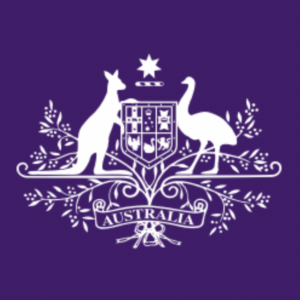
Disability Royal Commission Website
Accessible information for people with disability and their supporters.
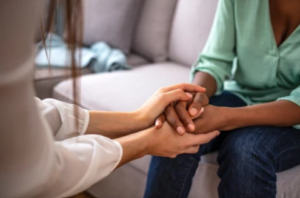
National Counselling and Referral Service
Provides emotional support, referrals or information to people living with disability and their supporters, carers and advocates.

Your Story Disability Legal Support
Free, independent legal support to share your story with the Disability Royal Commission
